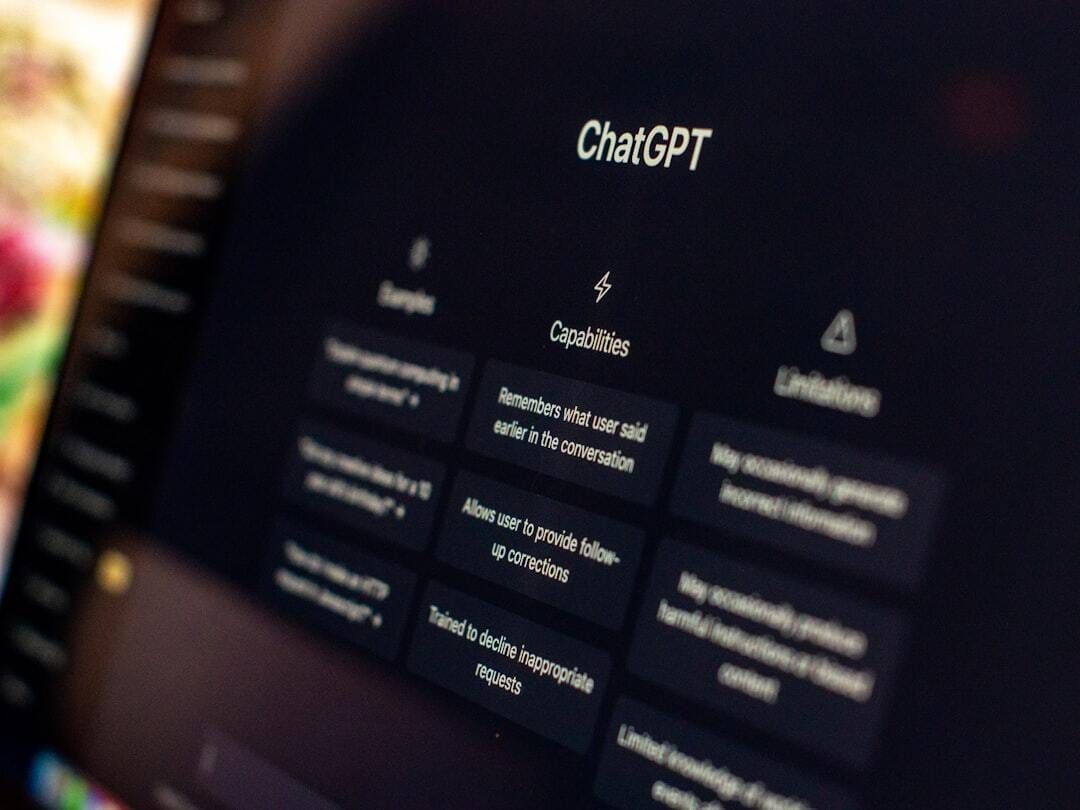
Happy Friday! It’s September 25th.
AI just designed viruses. A Stanford team trained models on millions of phage genomes and then wrote entirely new ones, some of which were able to eliminate antibiotic-resistant E. coli.
Not sure how I feel about this (i.e, crossing into AI-generated biology). On the one hand, we need new ways to fight superbugs. On the other, handing AI the pen to write genomes raises obvious biosafety questions.
We’ve gone from AI predicting proteins to creating working viruses in under five years…
Our picks for the week:
Featured Research: Antidepressant Deprescribing by AI
Policy: NIH Bans AI-Written Grant Proposals
Read Time: 3 minutes
FEATURED RESEARCH
Using Prescription Data, AI Forecasts Who Can Successfully End Antidepressant Use

We don’t usually think much about stopping medication. Prescriptions get written, refilled, and often carried on for years. But with antidepressants, that can become a problem. Long-term use stretches beyond guidelines, side effects add up, and withdrawal makes stopping a gamble.
That’s why I found this study from the University of South Australia so interesting. Their researchers trained AI models to predict when patients can successfully come off antidepressants after long-term use.
How the models worked: Using prescription data from more than 100,000 Australians, the team built two machine learning approaches.
One looked at patients’ final prescription records, reaching 81% accuracy. The other tracked people from their very first script, monitoring dose reductions, and achieved 90% accuracy.
Success meant no refills for at least a year after long-term use. A failed attempt was a dose increase within six months.
Why it matters: Antidepressant use is among the highest in countries like Australia, Canada, and the UK. Prolonged use can lead to issues such as weight gain, sexual dysfunction, and cardiac risks.
At the same time, about half of patients experience withdrawal when they try to stop. Doctors are left in a difficult spot. An AI signal pointing to who is most likely to succeed could make deprescribing safer.
The team is refining the models and preparing for clinical testing. If it proves useful, the same method could guide safe deprescribing in other long-term treatments.
For more details: Full Article
Brain Booster
Which statement about bacteriophages is true?
Select the right answer! (See explanation below and source)
What Caught My Eye
NIH POLICY
NIH Warns That AI-Generated Content in Applications May Trigger Misconduct Actions
The National Institutes of Health’s new policy on AI in grant applications took effect yesterday, September 25. First announced on August 5, the guidance makes clear that research applications “substantially developed by AI” will not be reviewed. If detected after funding, NIH may refer cases to the Office of Research Integrity and suspend or terminate grants.
The rule comes as AI makes it easier for researchers to generate text quickly, raising concerns about originality and fairness. NIH noted that some investigators had submitted more than 40 applications in one cycle, far above normal, and likely aided by AI tools. To keep the system manageable, the agency is also capping applications at six per year per principal investigator.
AI isn’t banned outright. NIH says it may help with limited tasks, but risks such as plagiarism or fabricated citations are too high to ignore. All submissions from now on must comply.
For more details: Full Article
Top Funded Startups

Byte-Sized Break
📢 Other Happenings in Healthcare AI
Sanolla launched VoqX, the world’s first FDA-certified AI-powered smart stethoscope offering full-spectrum auscultation and real-time diagnostic insights, now available for direct purchase. [Link]
NIH launched an $87M Standardized Organoid Modeling Center to develop reproducible organoid protocols, use AI and robotics, cut animal testing, and speed drug discovery. [Link]
Georgia Tech built an AI-powered hip exoskeleton that learns stroke survivors’ gait in minutes, reduces walking strain by 70%, and adapts across devices for broader use. [Link]
Have a Great Weekend!

❤️ Help us create something you'll love—tell us what matters!
💬 We read all of your replies, comments, and questions.
👉 See you all next week! - Bauris
Trivia Answer: B) They are considered the most abundant biological entities on Earth
Bacteriophages are the most abundant biological entities on Earth, with estimates around 1031 particles. That means there are more phages than stars in the observable universe. Most live in oceans, where they help control bacterial populations and recycle nutrients by breaking open bacteria billions of times every second.


